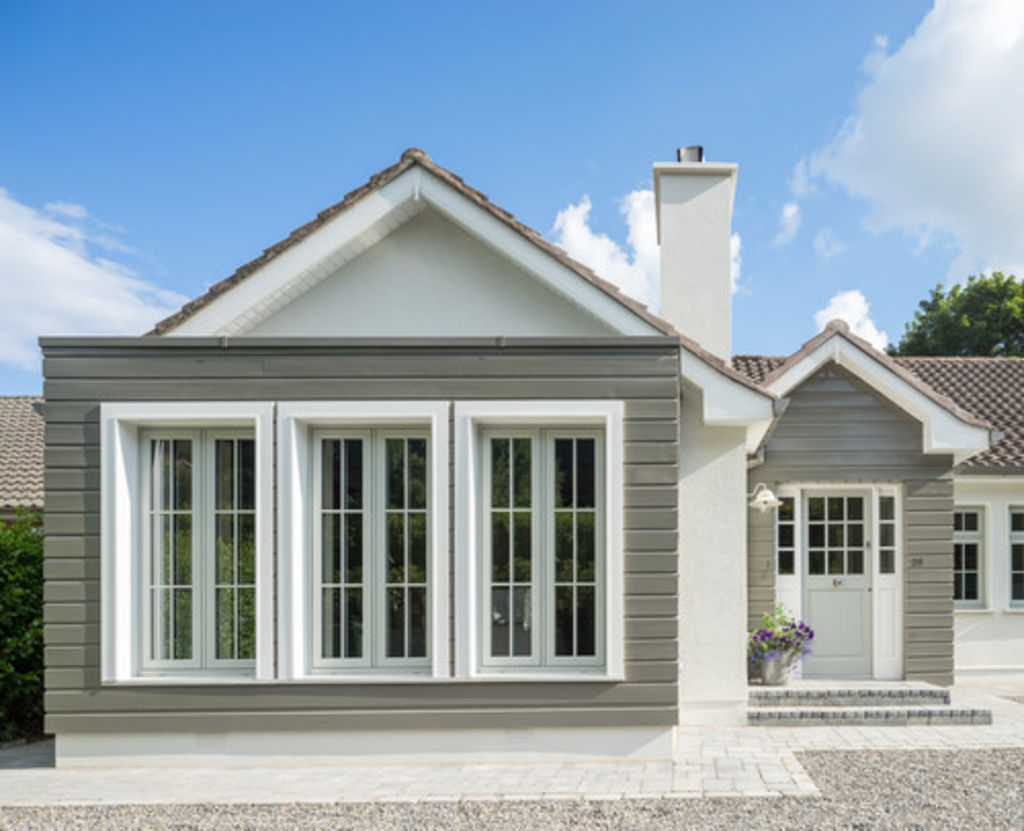The number one tip for keeping your renovation on schedule

Author: Denise O’Connor
A home-renovation project can be a lengthy process. In fact, a really large job can even take up to two years to complete, from the minute you make the decision to update your home until the last job is done. Follow these tips to help you break down the stages, and identify and handle critical issues to avoid unnecessary delays.

Be clear about what you want
The first stage of any renovation project is the initial design process, where all options for achieving your brief are explored. How quickly this process moves along depends on how decisive you are and how well your design professional interprets your brief.
Sometimes people are reluctant to share their ideas in case it influences the architect’s or designer’s proposals. However, keeping your cards close to your chest can be counter-productive. The more information you can give, the better the outcome will be. You know your home and will have ideas about how you want to change it. It’s important that you communicate these to your architect or designer, so that they can really understand what your vision is and offer a solution that best suits you.

Consider your neighbours
The planning timescale can be extended if there is an appeal by someone who has made an objection during the planning process. When this happens, the application will need to be given more consideration and might even have to go before a planning committee, which will prolong the process even further.
An architect or designer might be able to anticipate problems with planning and suggest ways to design your new space without infringing on the neighbours. It’s also advisable to keep your neighbours informed of your plans beforehand, in order to discuss any objections before the planning process begins.

Be realistic about your budget
To ensure the process moves along quickly, it’s important to be open about your finances. There’s a misconception that telling an architect or designer how much you have to spend will result in you going over budget. This is absolutely not the case. In order to be able to advise you properly your architect or designer will need to know how much you have to spend – or how much you are comfortable spending. This is the only way they can guide you on how to invest your money to ensure you get the very best results for the budget you have.
All of the items on your wish list may not be achievable within your budget, so compromises might need to be made. These kinds of changes will prolong the design process.
Know when decisions need to be made
Ask your contractor for a programme of works and suggest that they identify critical dates for any decisions that you will need to make. Sourcing kitchens, bathroom fittings, tiling and flooring do not typically form part of the builder’s work. They will need to be chosen by you and be ready for the builders to fit when they need them. Make these decisions early to ensure that the job runs without delays. It’s also important to agree on a timeframe for the project, as well as a completion date.

Order your windows early
Windows are typically on a long lead time – they can take anything from four to 12 weeks to deliver from the date the order is placed. It’s advisable to choose them as early as possible and to be clear on the estimated delivery date, to ensure they will arrive when the contractor is ready for them. A delay on windows can seriously impact your project’s progress, as it means that the building cannot be sealed and made watertight. This will hold up plastering, tiling and the installation of any fixed furniture such as kitchens or wardrobes.

Be aware of typical timescales
It’s a good to have an idea of how long projects usually take. This will give you a general guideline to work from. As a rule of thumb, a small project such as a bathroom refurbishment will typically take four to eight weeks to complete from the design stage to the finish, while a mid-sized job like a kitchen renovation will usually take eight to 12 weeks. A larger project, such as a house refurbishment and extension, can take from eight to 18 months, from the time you get the ball rolling until the final snagging.
We recommend
We thought you might like
States
Capital Cities
Capital Cities - Rentals
Popular Areas
Allhomes
More







